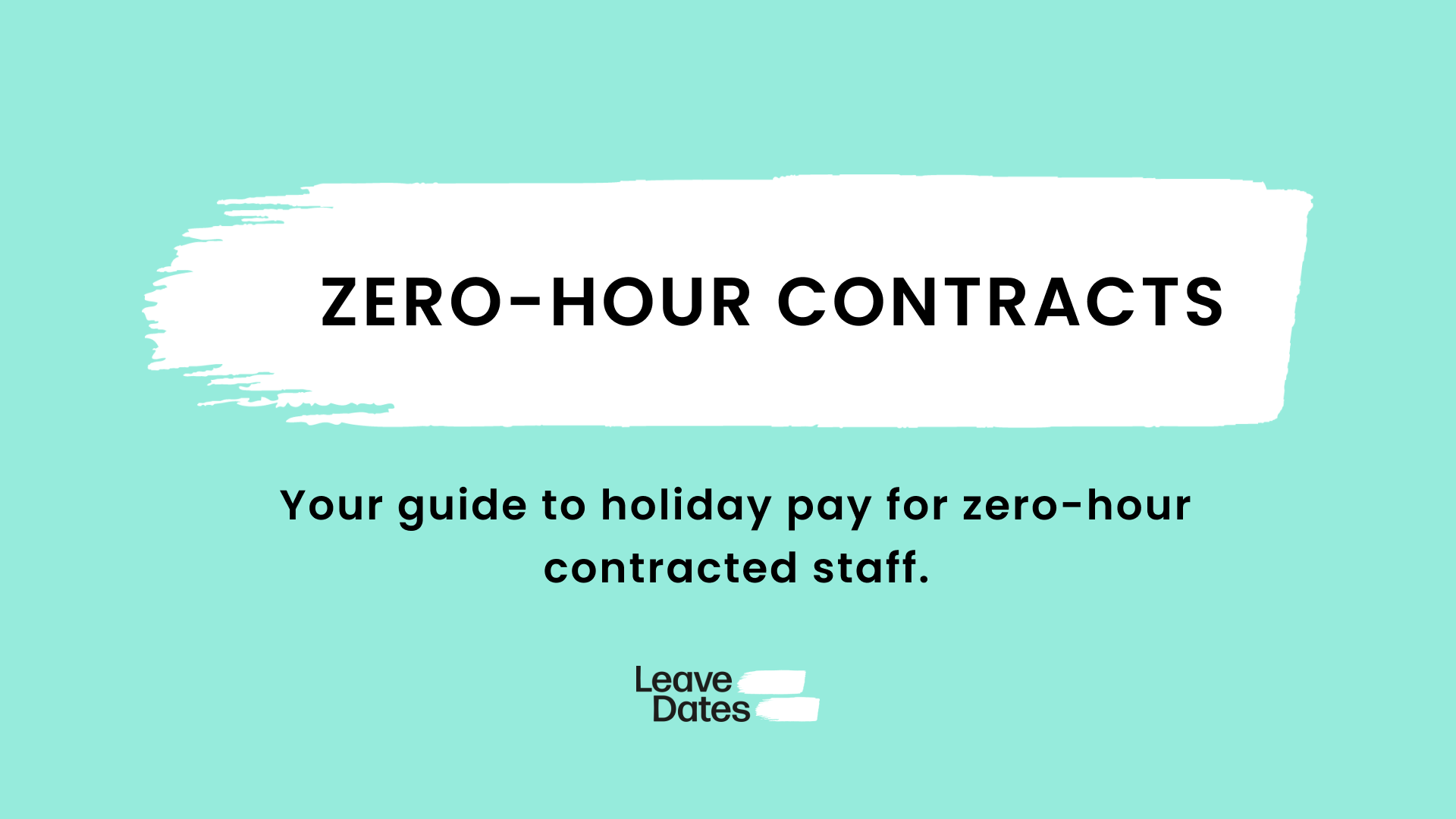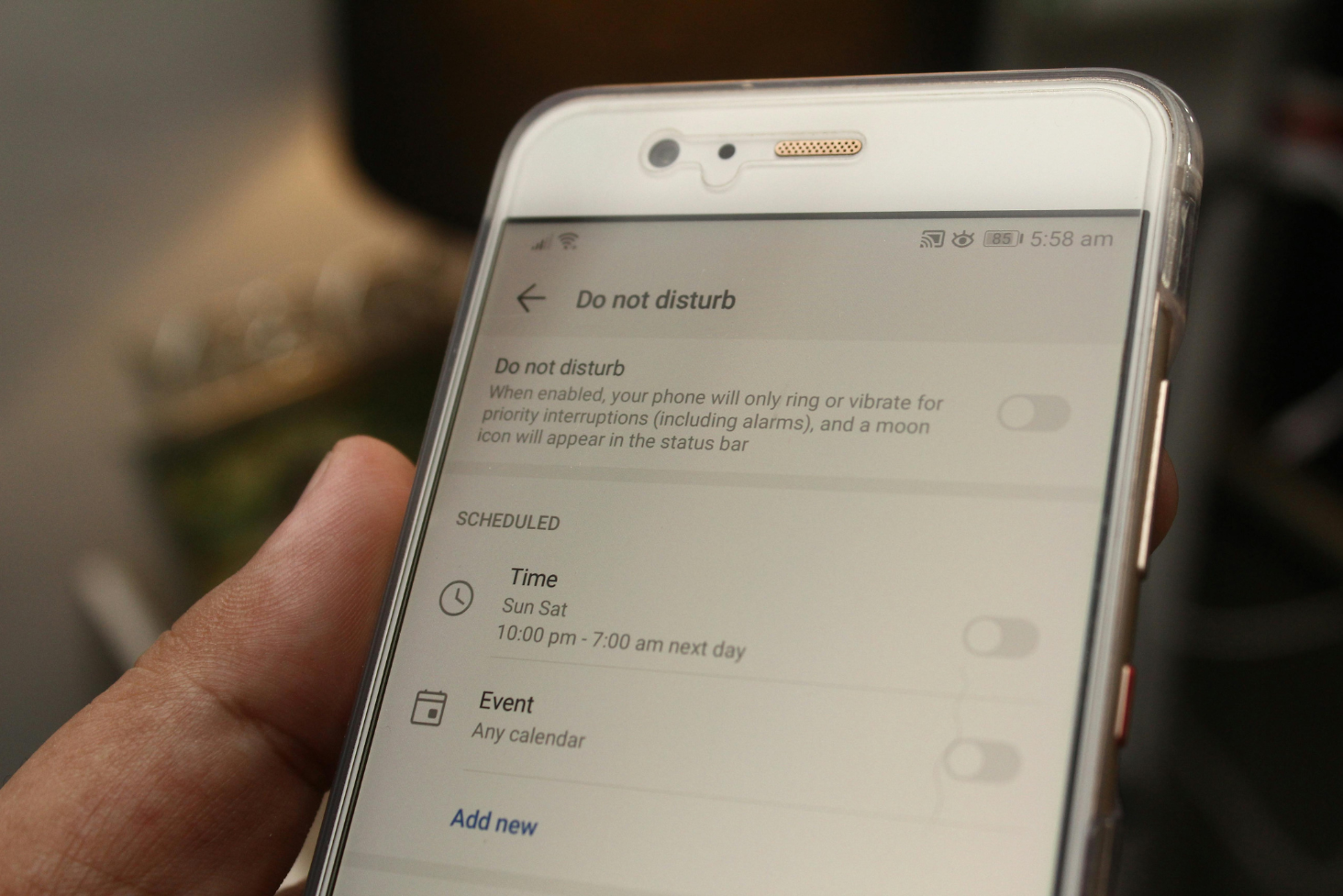
No, they’re not your super laidback colleague, strolling into the office at 10am, matcha in hand, halfway through a guided meditation with a glazed look that doesn’t exactly scream ‘ready to touch base and get the ball rolling.’ Nor does it refer to your team on casual Fridays, rocking up in dungas or PJs. Casual work is a bit more serious than the name implies, no less valuable or professional than non-casual work, just done on different terms.
Table of Contents
- What is a casual worker?
- Casual employment contracts
- What about paid leave?
- Is it worth it?
- Key takeaways
What is a casual worker?
There is no specific legal definition of ‘casual worker’ in UK employment law. It is a catch-all term used to refer to a person who is not part of a business’s permanent workforce, so not an ‘employee’ in the standard sense of the word. They are providing services or labour on a casual – ie, flexible, or irregular – basis, rather than doing fixed hours/days on a permanent contract. Staff on demand, basically. No demand? No work.
For some, this would be their worst nightmare – uncertainty, anxiety, inability to plan ahead. For others it means freedom, choice and balance. For businesses and staff alike, though, the main draw is flexibility. Often, casual workers are used in businesses or sectors where demand fluctuates and there is a need to quickly scale up or down staffing. Common examples are retail, events and hospitality.
The term ‘casual worker’ covers a whole load of scenarios and people, such as:
- Freelancers/the self-employed: also known as ‘independent contractors’, these guys work on a casual basis in terms of being ad hoc or project-based. But it’s important to note that under UK law they are a distinct group and not treated the same as other ‘casual workers’. They’re seen as more like mini businesses, and their work conditions, pay and contract terms are up to them.
- Short/fixed-term contracts – people hired for a specific period, task, service or project, normally with a clear finish date or point.
- Seasonal workers (eg summer or Christmas staff).
- Zero-hours contracts – these have been criticised, but are still widely used – and useful – for certain kinds of on-demand or on-call work
You may have heard of the Cambridge casual worker system. The University of Cambridge was a bit of a pioneer in flexible work, based on its historical practice of hiring ad hoc staff to cover busy periods (eg exam season, events).
The different colleges would also hire casual staff for the more domestic and admin type roles, where demand would fluctuate across the year due to the seasonal nature of academic terms. Casual workers offered a simple solution to the over-staffing in kitchens that would otherwise occur during half-term, for example. It also gave locals and students an easy source of extra income, if they wanted it.
Academic institutions might cover a range of functions with an aspect of seasonal or changing demand and so Cambridge has taken the titular credit for it, but this practice has been in place across a range of sectors in the UK for many years. It’s a well-established and valuable part of the work landscape here, and for good reason. What’s more, the agile flexibility it offers is only getting more desirable for both sides of the employment relationship.
So if you think casual workers would be a great fit for your business, how do you go about hiring them? The one thing you cannot do without, is a contract.
Casual employment contracts
What is a casual worker contract? It’s key to note that, while casual work is associated with less job security, it does not imply a total lack of rights. The situation will vary depending on the type of casual work and contract used (eg the self-employed have fewer rights/benefits), but there should still be a contract setting out the employment terms.
Generally casual workers are still entitled to at least the National Minimum Wage or National Living Wage, and can still take holiday. They must also receive the same protections and guarantees as anyone else with regard to a safe work space or place, and the same rights under the Equality Act.
What about paid leave?
So employers and HR managers, what do you do about casual workers’ holiday pay? Most casual workers (not freelancers) are entitled to the same amount of statutory paid leave as employees (5.6 weeks per year), accrued based on hours worked. But as their contracts are not fixed and may not be full-time, calculating holiday pay for casual workers is a little more complex. HMRC suggests you use 52 weeks of pay data to work out the rate of holiday pay.
How and when this is paid is up to the company, and there are a few options. One option, only just recently legalised after a murky history of misuse, is rolled up holiday pay (RUHP). You can read more about that in our article here . Casual work is one of the few cases in which RUHP makes a lot of sense.
Is it worth it?
Whether or not casual work can work for you will depend on how highly you value flexibility. And this will largely depend on your lifestyle, if you’re a worker, or your business model and sector, if you’re a business owner or manager.
For younger workers who are perhaps still studying, or those without families to work around, routine and predictability may not be so important and casual work can fit in nicely with a more fluid work and life routine. For those who need or like to plan ahead… not so much.
For business, the case for hiring casual staff is pretty strong. But remember that casual workers can say no, and you could be left high and dry if you rely too heavily on ad hoc workers and retain only a skeleton staff on a permanent basis. Will they be enough to keep things ticking over if all your casual staff turn you down? This could easily happen.
You may also be vulnerable to poaching in competitive seasonal industries, so think about how attractive your offer is – be sure you’re offering holiday pay and have a culture that embraces casual workers as valued members of the team.
Key Takeaways
Casual work can be a win-win for both parties, as it offers mutual flexibility. But as it also comes without a long-term commitment or guaranteed hours, there is a cost–benefit analysis to do first to figure out if this works for you and the perks outweigh the risks.
It’s important to note that ‘casual’ does not imply lower value or importance – work is still work, and workers of all kinds have rights, including to paid leave. So however you’re working, be sure you’re getting (and giving) what you need and what you’re owed!



